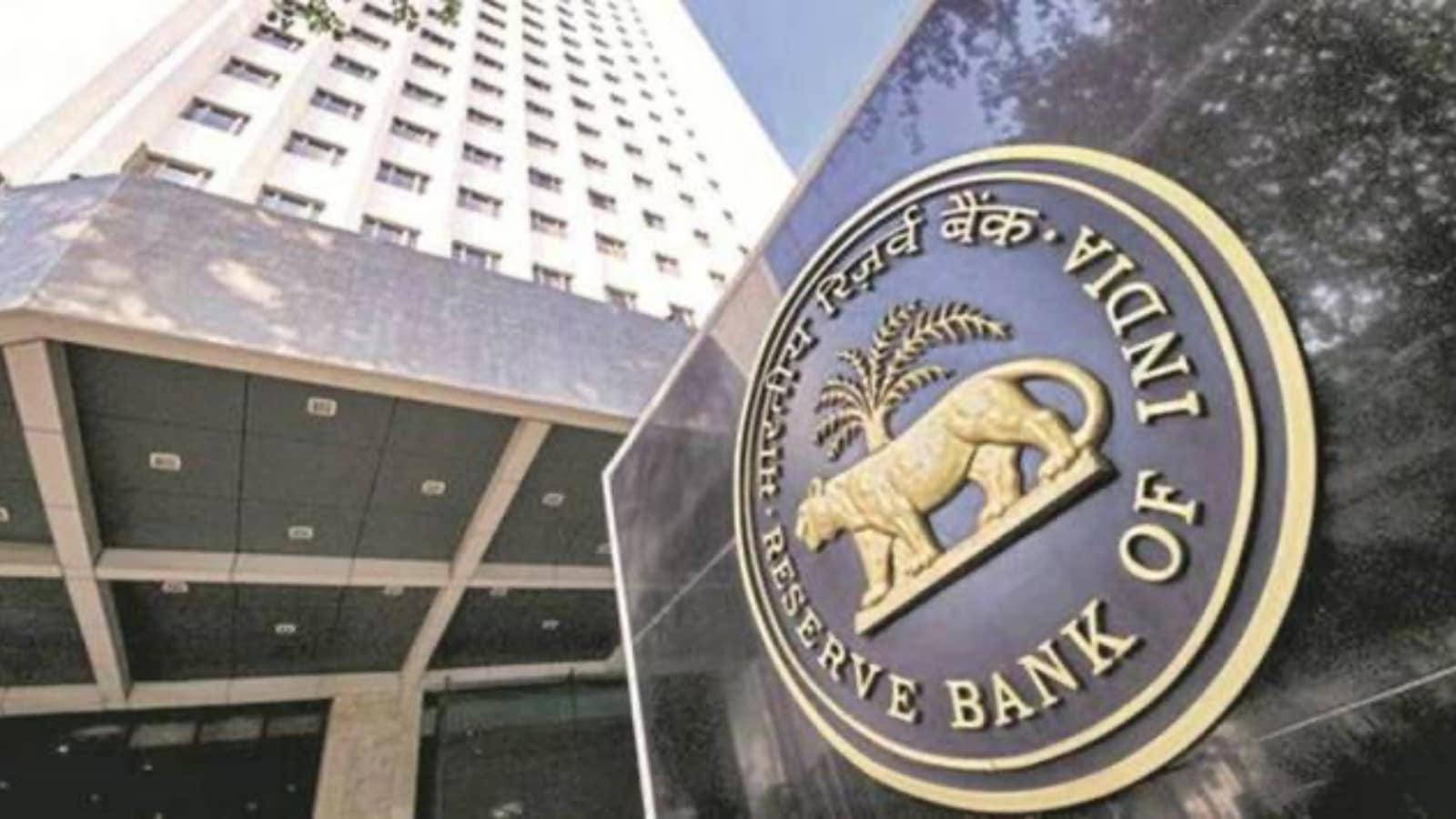ARTICLE AD BOX
Chief Justice of India B R Gavai on Wednesday stressed the need to “reimagine legal education by expanding its reach through technology, promoting instruction in regional languages, strengthening legal aid, and creating pathways for first-generation learners”.
Inaugurating the first Prof (Dr) N R Madhava Menon Memorial Lecture, the CJI said that “only by doing so can we ensure that access to law and justice becomes not a privilege for the few, but a lived reality for every citizen of this Republic”. The gathering at the Dr Ambedkar International Centre included judges, lawyers, academics, and students.
Delivering the lecture on the topic — ‘Legal and Justice Education @2047: An Agenda for 100 Years of Independence’ — seniormost Supreme Court judge Justice Surya Kant, who will take over as the country’s next chief justice in November, said that “study of law must never be carried out in ivory towers, detached from the real struggles of society. It must instead be rooted in the lived experiences of the people it seeks to serve”.
“Let algorithms schedule hearings, but let compassion govern proceedings. Let software find precedents, but let conscience find proportion,” Justice Surya Kant said. He underscored that “the lawyer of 2047 must be fluent in two languages: the language of the law, and the language of the people”.
The CJI said that “legal education is not merely about producing professionals for the bar and the bench. It is about cultivating citizens who are committed to the ideals of liberty, equality, and fraternity”. He said, “…our journey towards 2047 must be rooted in the foundation principles that have, over time, guided the evolution of legal education, which include professional skills, social justice, technological advancement, and a steadfast commitment to the ideals of the Constitution”.
Justice Kant said that the “very purpose of education in a democracy” is “to equip every citizen not merely with knowledge, but with the wisdom to wield it for the collective good”.
To achieve this, he said “we must abandon the outdated conceptualisation of law universities as glorified high schools”. The judge added that “law is not a collection of memorised Statutes; it is a living, breathing framework of principles that must be understood in context, applied with reasoning, and argued with clarity”.
Story continues below this ad
Calling for integration of interdisciplinary learning into legal education, Justice Kant said that today, “curriculum in law schools today treat subjects like economics, sociology, data science, or environmental studies as peripheral at best. A future-ready lawyer should not only know the text of a Statute but also understand the economic rationale behind market regulations, the technological infrastructure that enables digital contracts, or the social realities that frame questions of inequality and climate justice.”
Justice Kant said that “legal education must embrace a ‘digital-first’ pedagogy — not as a matter of convenience, but as a vital necessity for the future of justice.” He added, “the goal is clear — to equip every law graduate not simply to survive in a digital ecosystem, but to excel in it, while ensuring that technology serves justice, rather than replacing its human spirit. Let algorithms schedule hearings, but let compassion govern proceedings. Let software find precedents, but let conscience find proportion. In 2047, the machine may assist, but the human must answer.”
Pointing out that “the true classroom for a law student is not confined to moot court competitions or textbook case studies, but extends far beyond — into villages, prisons, community centres, and court corridors where the gap between law on paper and law in action is most stark,” Justice Kant said that “legal aid clinics must be established as an indispensable and compulsory part of every law school’s curriculum, not treated as an optional checkbox or a line to embellish a CV”.
Justice Kant said that the country’s “National Law Universities, which were conceived as centres of excellence and meritocratic opportunity, now face a troubling reality. With chronic shortages of permanent faculty, who opt for the role by choice and not by chance — barring a few — many of these Universities struggle to maintain academic rigor or foster a culture of sustained intellectual inquiry”.
Story continues below this ad
He said that “Indian legal education must celebrate our nation’s rich diversity—its multiple languages, cultures, and legal traditions—rather than shun it in favour of a homogenised, one-size-fits-all model. For when legal education becomes inclusive, the justice system itself follows suit”.
The CJI said that “legal education must not confine itself to producing technically proficient lawyers alone. It must encourage young minds to engage with the pressing issues of our times, to confront the realities of inequality, conflict, and democratic fragility”.



.png)
.png)
.png)

























 English (US) ·
English (US) ·